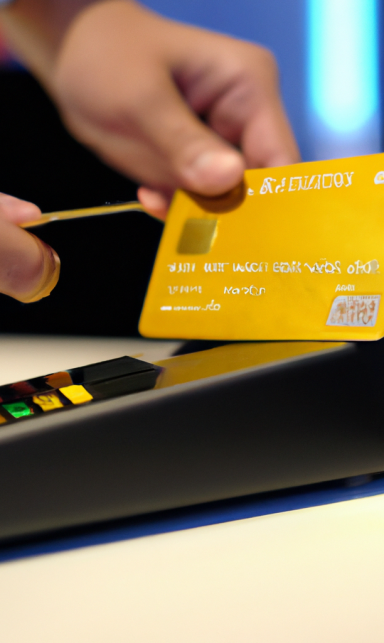Understanding RFID: Benefits & Security Risks
RFID technology, or Radio Frequency Identification, is a wireless communication method that uses radio waves to identify and track objects, animals, or people tagged with electronic RFID tags. These tags contain microchips and antennas that allow them to transmit data to RFID readers at short distances. While RFID technology offers numerous benefits, such as improving inventory management and enabling seamless transactions, there are concerns regarding its security and trustworthiness.
One alarming aspect of RFID technology is the potential for devices to pose a threat to personal privacy and security. For example, certain RFID readers can be used by malicious individuals to scan RFID tags in wallets, clothing, or ID cards without the owner’s consent. This unauthorized scanning can lead to identity theft, as sensitive information, such as banking details or personal identification numbers, may be gleaned from improperly secured RFID tags.
In addition to unauthorized scanning, RFID technology can also be exploited through eavesdropping and replay attacks. Eavesdropping occurs when a hacker intercepts the radio waves sent between the RFID tag and the reader, potentially capturing personal data. Replay attacks involve capturing communication data and retransmitting it to trick readers into granting access, thereby compromising systems that utilize RFID technology.
To protect against such attacks, individuals can take several precautionary measures. One effective method is to use RFID-blocking wallets or sleeves that contain materials designed to block signals, preventing unauthorized access to RFID-enabled cards. Furthermore, users should regularly monitor their financial statements and credit reports for any suspicious activity, as early detection can help mitigate the effects of potential fraud.
Additionally, organizations that deploy RFID systems should implement strong encryption methods and regularly update their security protocols. Educating consumers about the potential risks of RFID technology and promoting the use of protective measures can foster a more trustworthy environment where the benefits of RFID can be enjoyed without compromising personal
©Copyright. All rights reserved.
We need your consent to load the translations
We use a third-party service to translate the website content that may collect data about your activity. Please review the details in the privacy policy and accept the service to view the translations.

